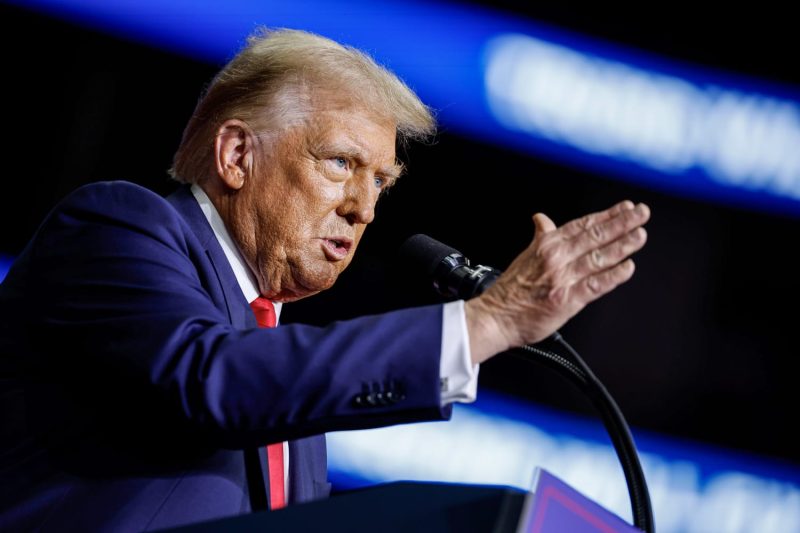With the announcement of President Trump’s impending tariff hike, a wave of concern and uncertainty has gripped U.S. companies, forcing them to seek the counsel of lobbyists and uncover potential loopholes in order to safeguard their economic interests.
Trump’s tariff threats have been touted as a strategy aimed at achieving better trade deals with the United States’ top trading partners. However, they have put domestic corporations into overdrive, creating an urgent desire to shape policies and exploit existing trade vulnerabilities.
U.S. companies testify that the looming tariffs pose a significant risk to their profit margins, operational costs, cross-border supply chains, and overall sustainability. Large multinational corporations (MNCs) are reported to feel the hit disproportionately. However, small-to-medium-sized enterprises (SMEs) also face great risks, considering they lack the resources for expedient mitigation actions.
In a bid to weather the storm, many of these companies are engaging lobbyists who can influence the policy-making process, presenting arguments that will exempt their industries from the impending hike in tariffs. Lobbyists’ services have been in high demand as they are known to provide a communication conduit between corporations and policy makers, enabling arguments to be presented for fair trade practices and policy exceptions.
In addition to lobbying, companies are also pursuing legal means to identify possible tariff exemptions. Various legal and economic consultancies have been enlisted by companies to help find obscure clauses and loopholes within trade agreements that might exempt particular products or industries from the tariffs. Several firms are additionally seeking classification changes for their products or searching for alternate sourcing opportunities to sidestep the tariffs.
The rush to find exemptions has also seen companies putting forward applications to the U.S. Commerce Department for product exclusions, working diligently to present convincing cases for why their goods should be given special consideration.
All of these actions, seeking lobbyists and loopholes, have been accompanied by a growing tension among US companies about the ongoing trade disputes and the uncertainty about future trade relations. These concerns have further been accentuated by the unpredictable nature of policy announcement in the Trump era.
While the current scramble indicates the negative impact of trade instabilities on U.S companies, it also displays the intent of the corporations to protect their interests. The real impact, however, will not only be felt by corporates. Ultimately, the economics of tariffs translate downstream to consumers who bear the final burden in terms of increased prices for goods and services.
Moreover, Trump’s tariff threats have shaken the fundamental belief in free market economics and underscore the importance of






























